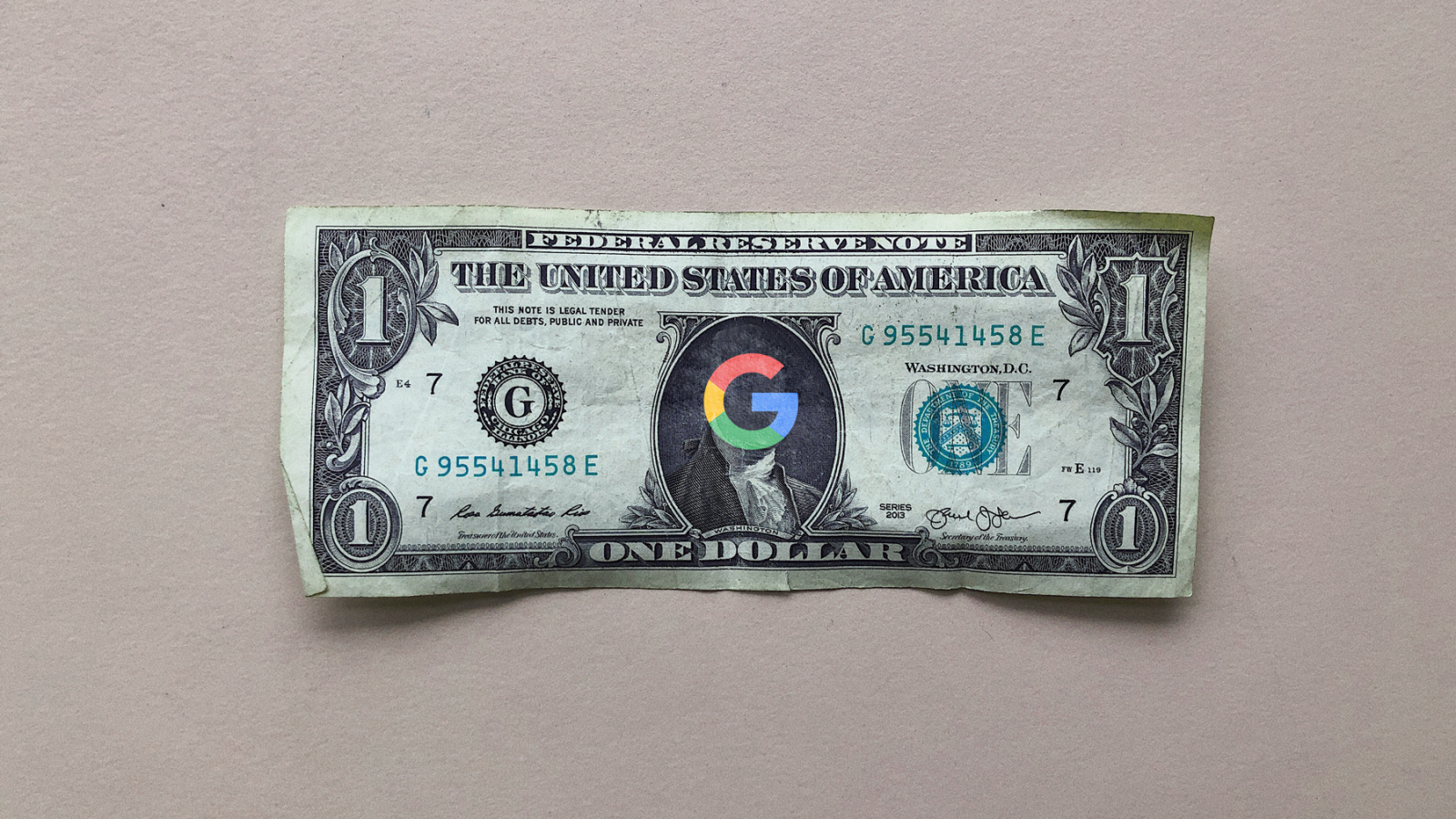In Depth Look
Never Mind the Election: The New Government is Google

While partisan name calling and identity politics have come to define what passes for democracy in the United States these days, the real shadow government of all consumer sentiment and behaviour has been incrementally embedding itself in our daily lives.
So much so that now, Google, more so than any level of official government, determines what you think, where you shop, what you buy, and how you spend your free time.
Since everyone is a consumer, and Google is undeniably the most ubiquitous influencer on everyone’s devices, Google is the defacto government of not just the United States, but of the entire world.
Consider:
Google delivers the search result in 92 percent of all Internet searches. When searching for merchandise, they display advertisements for American vendors as the top 3 -5 “search” results 100% of the time, regardless of location.
In many cases, the entire first page of any search result is paid-for advertisements by American companies.
Is it any wonder the US stock market is so over-valued, when Google manipulates search so thoroughly that startups and competitive companies are rendered nearly invisible by Google’s algorithms.
Google, furthermore, defends itself against accusations of anti-competitive search manipulation by claiming that these algorithms are determining search results based on user preferences, and are devoid of bias.
But algorithms are a series of “if/then” statements that are executed in series according to criteria. The order, prioritizing, and weighting of the results is thus determined by the bias programmed in by the algorithm’s author.
To claim algorithmic absence of bias as a defence is utterly disingenuous.
The effect of Google’s dominance in our information consumption and delivery infrastructure is a global power far above that exercised by any government in history.
While it is clearly protected from enforcement by the US government and corporate interests it serves, average citizens need to shake off their complacency and become activists against the concentration of such power to a corporation like Google.
The social impact of Google’s ability to influence is apparent in the United States presently with the extreme polarization of the population in the context of the identity politics among the “left” and “right”.
These arbitrary assignations based on historical attribution essentially divide the population into a clear “us vs them” mindset that is poised to undermine civil order in the US across all walks of life.
With the president of the United States now suggesting he will not leave office peacefully if defeated, the question as to the survivability of the “law and order” that is ostensibly underlying US society is in grave doubt.
By providing an echo chamber to extreme elements on both sides of the battle, Google irresponsibly fans the flames of the conflict.
The only question left is by whose order does it so actively sew division and cultivate conflict around the world? What is the ultimate outcome such conduct seeks?
I don’t know about you, but it seems obvious to me that the elitist mindset of founders Sergei Brin and Larry Page, in combination with their authoritarian management style historically at Google, lays bare the driving force behind this hegemonic corporate monster.
We need to do something to bring this corporate predator to heel, and do so quickly. It will be up to governments to act, which they will only do if their governed populations coordinate activism and transmit collective outrage.




F1688bet, now that’s a lot of numbers! Anyone had a good experience here? I’m looking for somewhere trustworthy. What’s the deal? Check it out and tell me: f1688bet
Betvndwin! Now that’s a name that promises wins! Lol… But seriously, who’s played here? Any luck? Lemme know! Check them out: betvndwin
Heard about betvnd9. Any pros and cons I should know about before signing up? Customer service good? Withdrawal times quick? Help a brother out! See more: betvnd9
Megapari Casino is a solid choice. I’ve tried quite a few platforms and this one stands out for its user-friendly design and a good selection of games. You should consider trying this for your chance to win something megaparicasino.
Alright, gave a18bets a shot. The sportsbook is pretty comprehensive, lots of options. Depositing was smooth, which is always a plus. Hope the withdrawals are just as easy! Will update if I win big!
Heard whispers about 887br… supposed to be the real deal. Going to give it a shot and find out for myself. BRRR! 887br